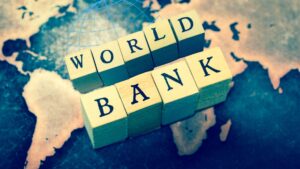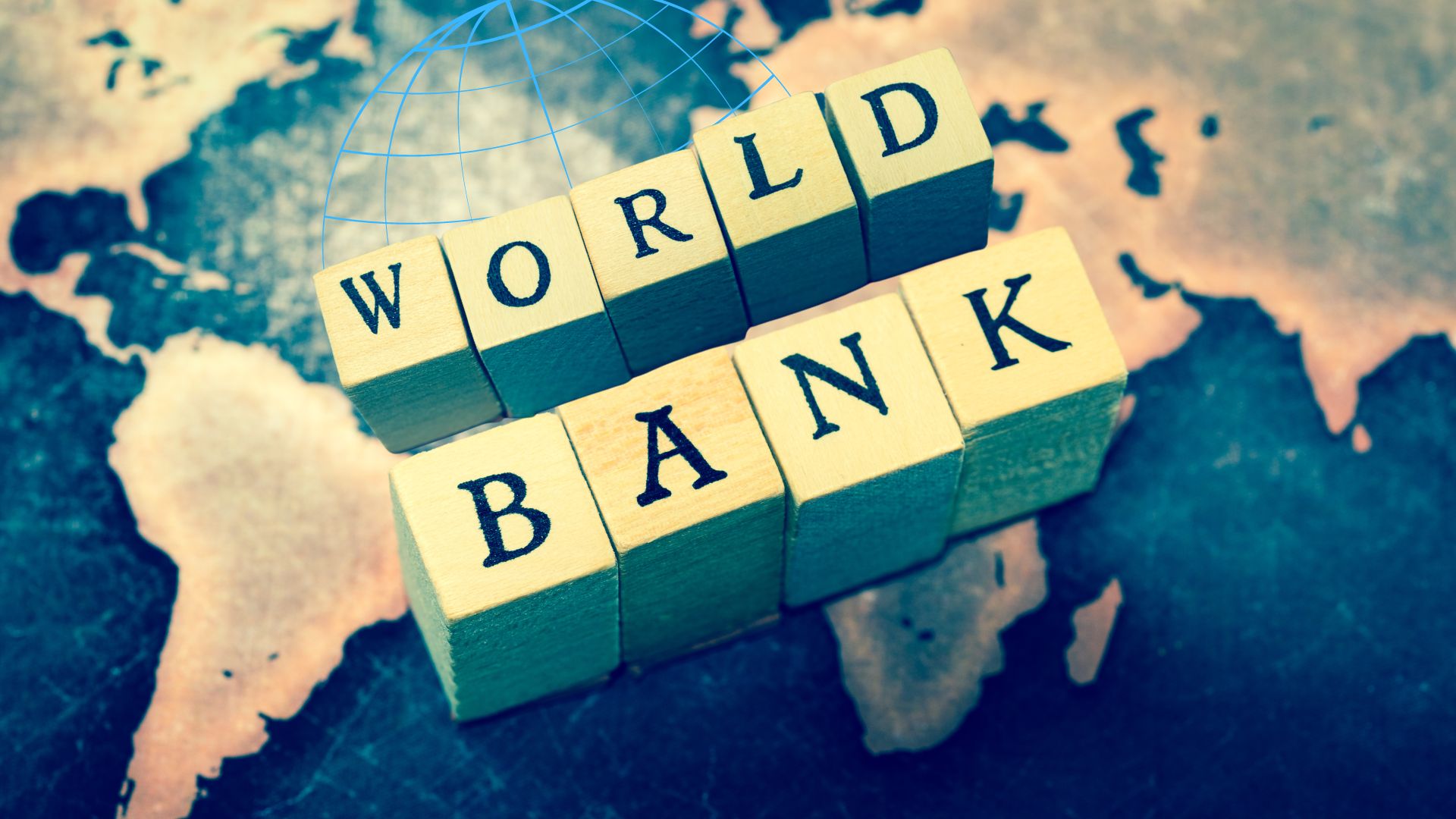Perpetuating neo liberal agenda, Lessons from past and Challenges Ahead
Maju Varghese
 Three years after discontinuing the Doing Business report, the World Bank Group is introducing a new corporate flagship publication called the Business Ready (B-READY) report. This report aims to evaluate the business and investment climate in 180 countries with the intention of promoting economic reforms and facilitating private investment. However, concerns have been raised by labour and environmental groups about its potential implications.
Three years after discontinuing the Doing Business report, the World Bank Group is introducing a new corporate flagship publication called the Business Ready (B-READY) report. This report aims to evaluate the business and investment climate in 180 countries with the intention of promoting economic reforms and facilitating private investment. However, concerns have been raised by labour and environmental groups about its potential implications.
The previous Doing Business report faced substantial criticism for its perceived bias in favor of private businesses at the expense of other rights and interests. The report’s indicators on ease of doing business were accused of favoring businesses and neglecting other vital aspects of a country’s environment, labor rights, and society. The ideological orientation of the World Bank and its staff contributed to how they perceived a country’s business environment, as evidenced in the case of Chile. Allegations of pressure to manipulate rankings and data integrity issues and the resignation of the chief economist leading to its subsequent discontinuation further raising questions about its credibility
Civil society organizations and labor movements raised concerns about how the rankings were utilized to advocate for deregulation of labor and environmental rights and challenge the underlying assumption that what benefits businesses automatically benefits the environment, labor, and society. Originally designed to reduce bureaucratic obstacles, the report became a tool used by powerful corporations and nations to push for reforms that favored deregulation and resource extraction.
The B-READY report claims to be different from the earlier Doing Business report by focusing on ten topics that follow the life cycle of a firm, covering areas like business entry, labor, taxation, and dispute resolution, among others. However, civil society organizations have expressed dissatisfaction with the new format, stating that it fails to address the challenges faced by developing countries, such as energy transition, creating green and decent jobs, and meeting international human rights obligations. It is argued that the report still adheres to a neo-liberal policy bias and prioritizes a “private first” agenda.
Although the B-READY report introduces some cosmetic changes, such as the inclusion of labor standards and collection of data from non-state stakeholders as well, it is still seen as fundamentally endorsing the primacy of private business for societal well-being, a core idea of the World Bank’s operations. The International Trade Union Confederation has come out against the methodology and criteria on labor as it will promote low wages and precarious work and undermine social protection. According to ITUC, “The World Bank B-Ready project paves the way to an easy ride for corporations at the expense of workers. While it does track some key fundamental rights for workers, the thrust of the strategy is to weaken protections and leave workers vulnerable to exploitation”.
During consultations for the report, civil society organizations urged the World Bank to abandon its ideological bias favoring neo-liberal policies and prioritize a more meaningful engagement with developing countries addressing the concerns of energy transition, green job creation, and fulfilling international human rights obligations. The B-READY report is seen as a setback to efforts aimed at curbing neo-liberal policies that perpetuate inequality, as demonstrated during the COVID-19 pandemic. The report it is feared will intensify the race to the bottom, with states competing to lower standards without considering the need for comprehensive regulations.
The return of country rankings will likely be welcomed by corporations seeking further deregulation of environmental and labor policies and supporting business cronies. For instance, the Indian Finance Minister’s announcement of launching the next phase of the Ease of Doing Business (EoDB) initiative highlights the one-sided focus on reducing compliance and repealing social, environmental and labor laws, neglecting sustainability, equity, and ethical business practices.
In conclusion, despite the controversies surrounding the previous Doing Business report, the World Bank seems to have learned little from the experience, as the B-READY report appears to continue promoting private capital and bypassing regulations, potentially leading to exploitation and extraction.
This article was originally published in Counter Currents and can be read here.
Centre for Financial Accountability is now on Telegram. Click here to join our Telegram channel and stay tuned to the latest updates and insights on the economy and finance.

